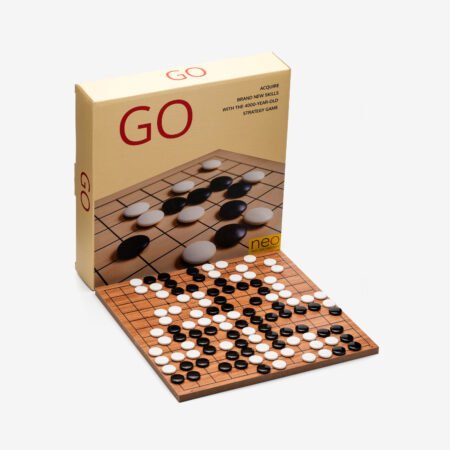 Hareketli, ışıklı, gerçekçi ve öğretici!
Hareketli, ışıklı, gerçekçi ve öğretici! Mekanik becerilerinizi geliştirirken, mühendisliğin gücünü her parçada yeniden keşfedeceksiniz!
 Motor Mekaniğini Keşfetmenin
Motor Mekaniğini Keşfetmenin En Eğlenceli Yolu! HEMEN SATIN AL!

 HAMA boncuk setleri ücretsiz kargo
HAMA boncuk setleri ücretsiz kargo ve avantajlı fiyatlarla Mucitkafasi.com'da!
 Danimarka'da
Danimarka'da Üretilmiştir! Hama Boncuklar ile
Yaratıcılığını Göster! HEMEN SATIN AL!

 50 farklı deney ve eğlenceli projelerle
50 farklı deney ve eğlenceli projelerleelektroniğin temel prensiplerini öğren.
Her deney, yeni bir keşif! Elektroniğin Sırlarını
Devre Laboratuvarı ile Keşfet! HEMEN SATIN AL! 50 farklı deney ve eğlenceli projelerle
elektroniğin temel prensiplerini öğren.
Her deney, yeni bir keşif! Elektroniğin Sırlarını
Devre Laboratuvarı
ile Keşfet!
 5 Farklı Öğretici Oyun
5 Farklı Öğretici Oyun Sadece 875 TL FIRSATI YAKALA ! Olay Yerindeki DNA Arkadaşım Robot Kar Kasabası Tic Tac Toe Hikayeni Yarat
Safari Gezisi

 İster kardeşinle, ister arkadaşınla oyna. Bu oyunlarla eğlence garanti!
İster kardeşinle, ister arkadaşınla oyna. Bu oyunlarla eğlence garanti!

Ejderha Şatosu Yaratıcı Devreler 9 TAŞ Durma, Keşfet!

 Birlikte Oyna,
Birlikte Oyna, Birlikte Öğren! 14 Farklı oyun bir arada!

 en havalı partiyi sen ver!
HEMEN İNCELE
tam 16 oyun içeren parti setiyle
en havalı partiyi sen ver!
HEMEN İNCELE
tam 16 oyun içeren parti setiyle

































































